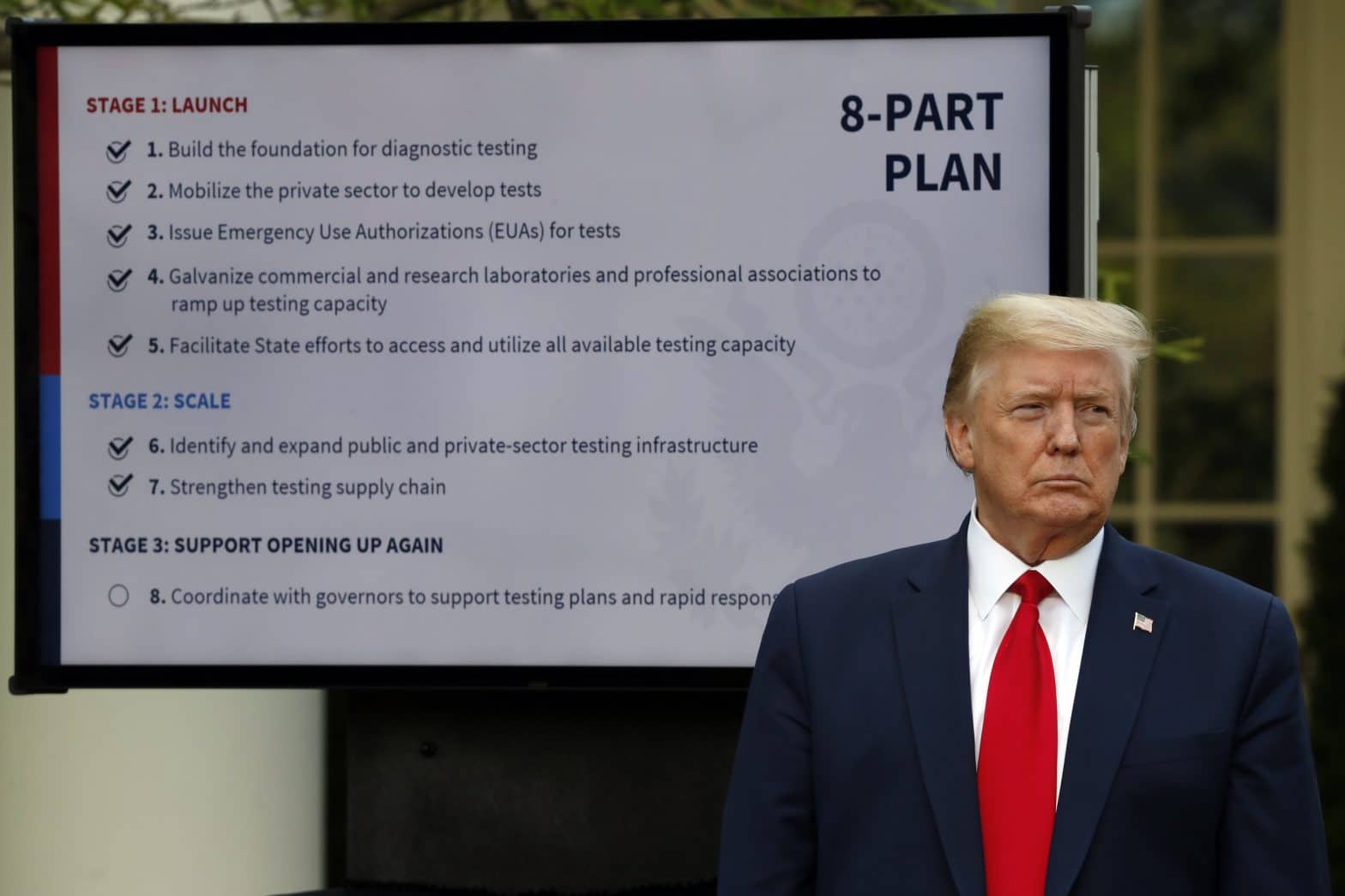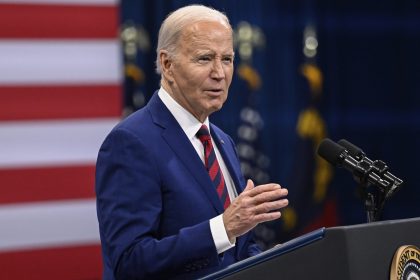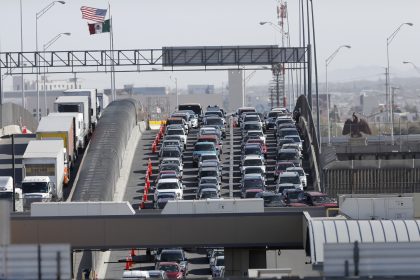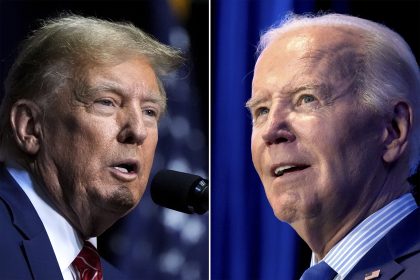Americans Say They Struggle to Get Information They Can Trust During Pandemic

Since the onset of the coronavirus pandemic in February, Americans have struggled to find information they believe they can trust on the rate of infection, the death rate and what they should be doing to protect themselves, a new Gallup/Knight Foundation poll found.
The poll was conducted in the wake of a February report from the World Health Organization, which said that as the coronavirus spread around the world, it was followed closely by an “infodemic.”
The WHO defined an Infodemic as “an overabundance of information – some accurate and some not – that makes it hard for people to find trustworthy sources and reliable guidance when they need it.”
Gallup found that 45% of young adults, identified as those between the ages of 18-34, found the pandemic news cycle to be overwhelming, whereas only 30% of adults 55 and older described the coverage that way.
The pollster suggests one likely reason for this is the differences in how Americans of different ages consume news and information.
Most young adults turn to either health care professionals or organizations (41%) or a wider variety of news sources (32%) to find a common denominator of agreement among sources to determine if information they are receiving about the pandemic is accurate. Unlike the strategies of young adults, Gallup found that 49% of older adults turn to one or two news sources that they trust for news accuracy.
While age has been a significant factor in how Americans feel about the amount of coronavirus information they receive, political party affiliation has not.
According to Gallup, “Similar proportions of Republicans and Democrats focus on their main news sources (40% and 36%, respectively) or consult a wider variety of news sources (32% and 29%). Democrats are modestly more likely than Republicans to consult health professionals or health websites, 32% to 22%.”
A wide majority of survey participants (70%) who hold a generally positive view of the media, said they have found it relatively easy to stay well informed during the crisis, while 64% of those who hold a negative view of the media said they have found it harder to be informed.
A large number of poll respondents said they are greatly concerned about the amount of misinformation they believe is being spread about the coronavirus.
According to the respondents, social media and the Trump administration are the two top sources of misinformation, being cited by 68% and 54% of survey participants, respectively, while the mainstream media is considered unreliable by about 45% of participants.
The poll also identified a strong desire among Americans for the social media platforms to take the reins on combating misinformation.
A solid 42% said posts containing misinformation on the coronavirus should be removed, either immediately after they’re posted or when they are confirmed to have been misleading the public.
When broken down in terms of partisanship, 57% of Democrats favor immediately removing posts with misinformation while Republicans favor leaving posts online until they’re confirmed as misinformation.
Independents fell somewhere in the middle on this question, with 34% in favor of immediate removal of posts and 46% in favor of removal upon confirmation of misinformed posts.























